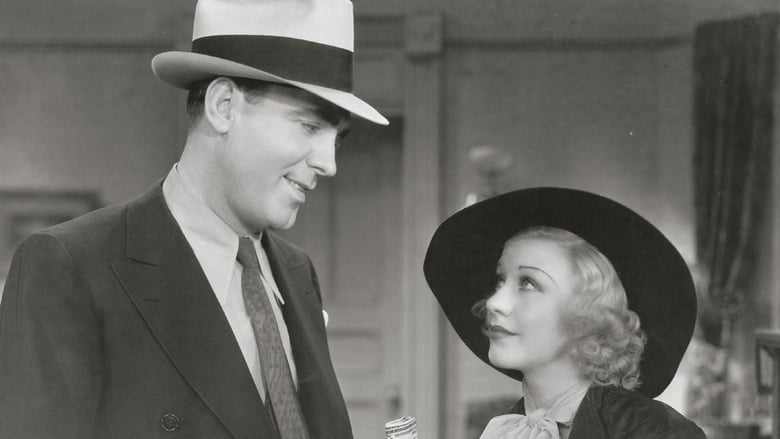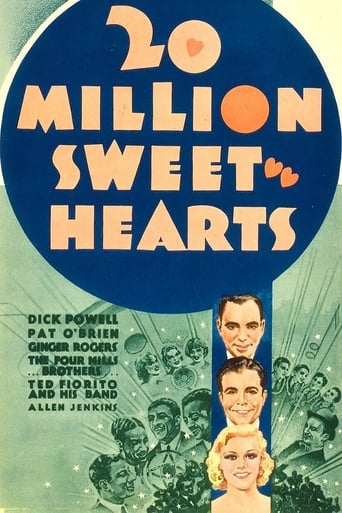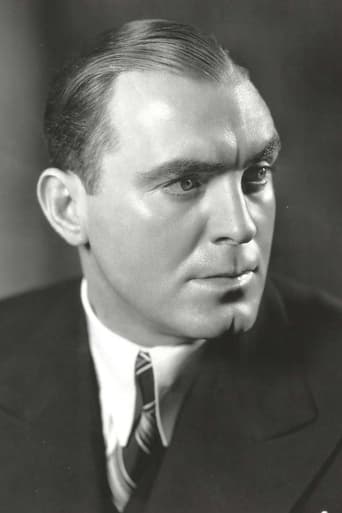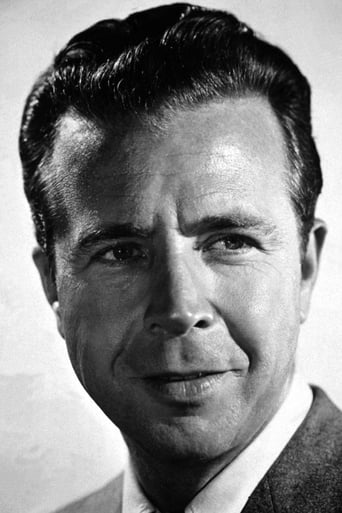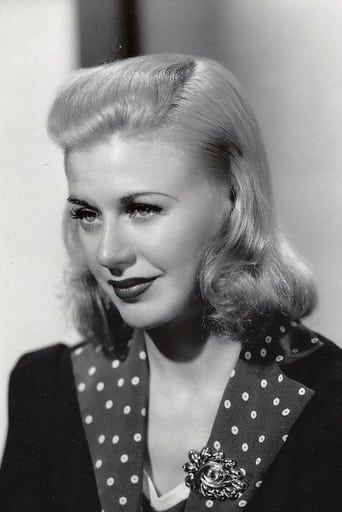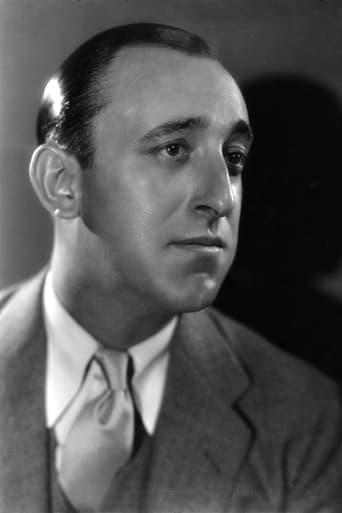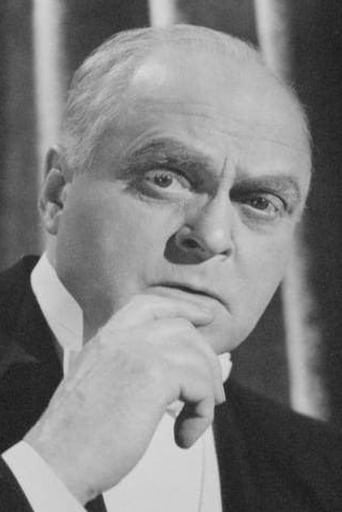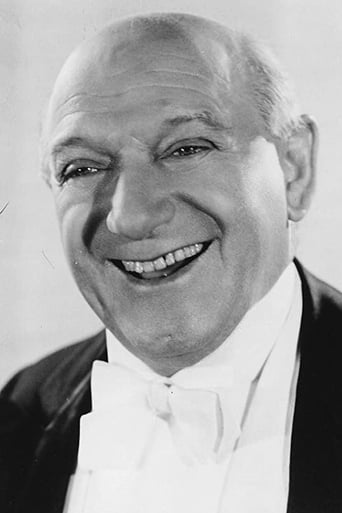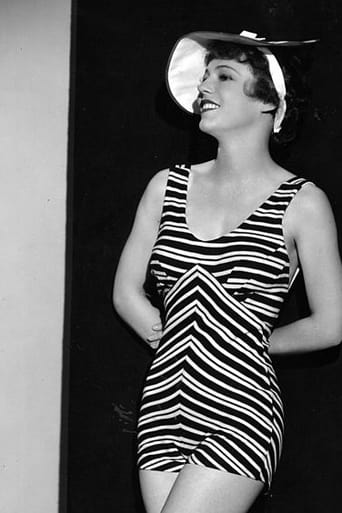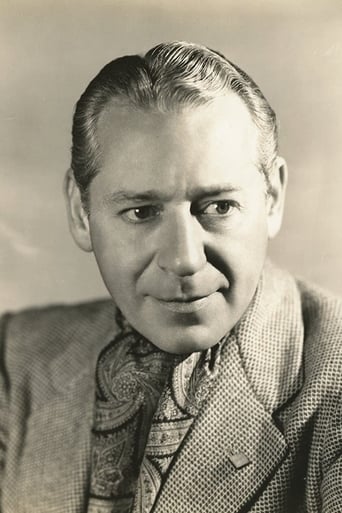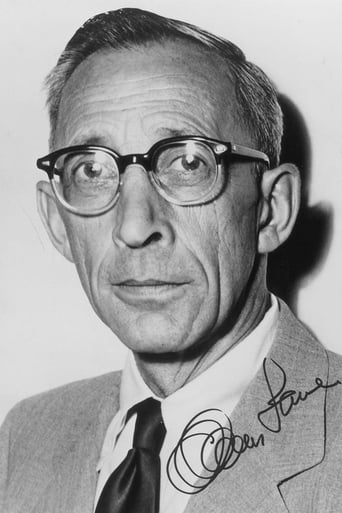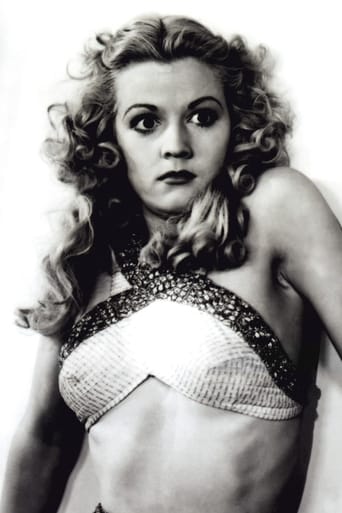Unscrupulous agent Rush Blake makes singing waiter Buddy Clayton a big radio star while Peggy Cornell, who has lost her own radio show, helps Buddy.
Similar titles

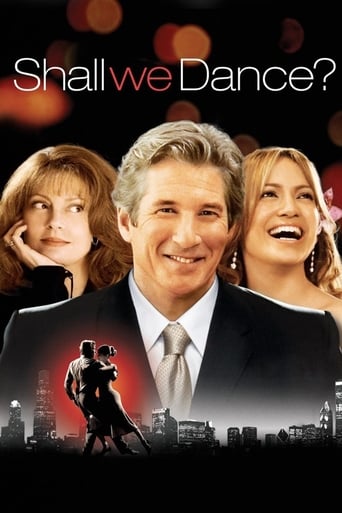
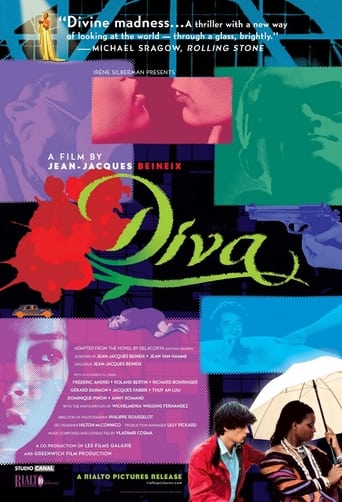
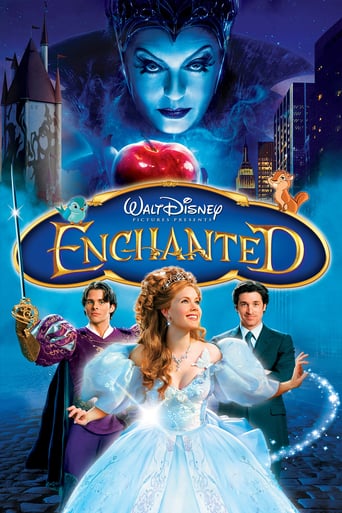
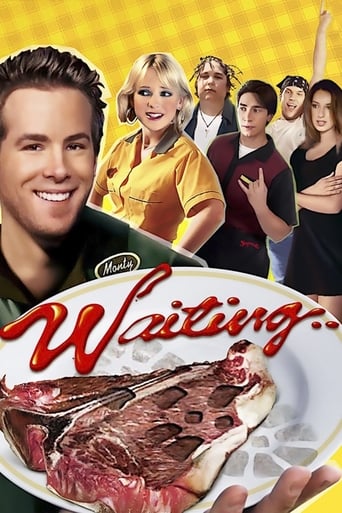
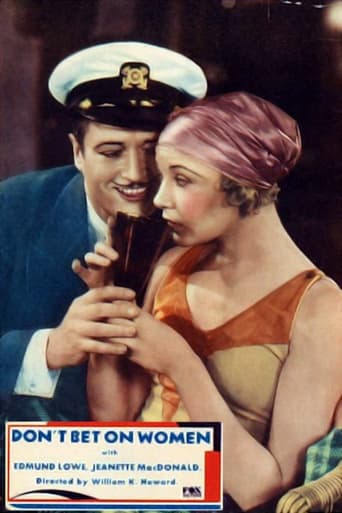
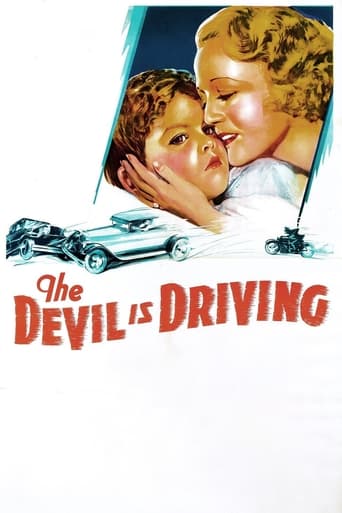
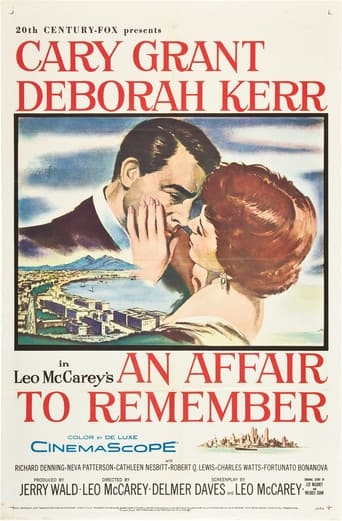
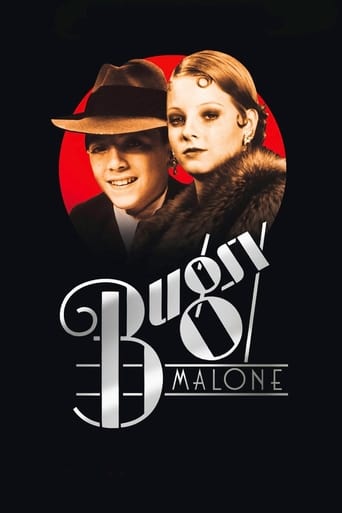
Reviews
hyped garbage
Admirable film.
The acting in this movie is really good.
Through painfully honest and emotional moments, the movie becomes irresistibly relatable
TWENTY MILLION SWEETHEARTS has no Busby Berkeley production numbers, indeed, has no dancing at all, and replaces stalwart Ruby Keeler with Ginger Rogers, but mostly it's a typical second string musical from a studio that put out a million of them in the thirties. So far as plot is concerned, Pat O'Brien is the actual star, playing the sort of fast- talking hustler, this one a talent scout, that showed up in countless Warners' pictures of the decade. Besides O'Brien, Lee Tracy made a career out of them, and Jimmy Cagney in his lighter moments was another of the brotherhood. This time it's O'Brien pushing a new singing sensation towards a radio career. Dick Powell is the very passive object of his machinations, and other than having some unusually nice songs to sing (the big hit, I'll String Along With You, is beaten to death in the movie), this is the kind of role that left him deeply dissatisfied and led to his surprising turn to tough guy Noir parts later in his career.House composers Warren and Dubin came up with a very nice score, and it is the picture's strong point. What there is of humor in TWENTY MILLION SWEETHEARTS is mostly provided by Allen Jenkins and Ginger Rogers, and one wishes that their roles had been considerably extended. A very nice duet (or was it a quintet?) between Powell and the Mills Brothers of a song sung rousingly by Rogers a few scenes earlier was another highlight. The plot contrivances, however, are anything but rousing and pull the movie down to the mediocre level.One thing I didn't understand: Dick Powell wows everyone with a rendition of 'The Man On The Flying Trapeze' while working as a singing waiter, but when he performs the same number as a radio audition it's seen as embarrassingly awful by everyone who hears it. What happened?
This is a pleasant little romantic musical comedy in the tradition of 1930's Warner Brothers, minus Busby Berkeley and minus some of the rougher precode elements of some of Warner's musicals from 1933 and before.Dick Powell plays Buddy Clayton, a singing waiter in a beer garden discovered by the slippery fast-talking talent scout Rush Blake (Pat O'Brien). Rush takes Buddy back east where he becomes a radio singing sensation and heartthrob, although it does take awhile and a few odd quirks of fate. In the meantime, Buddy has started up a romance with singer Peggy Cornell (Ginger Rogers) that is leading to the altar, but the sponsor of the radio show on which Buddy sings says that a married heartthrob is no heartthrob at all, and instructs Rush to talk the pair out of marriage. This split is at first amicable and temporary, but then Rush dreams up a publicity stunt that misfires hilariously.The film features the music and lyrics of Warren and Dubin, the comic support of familiar Warner contract player Allen Jenkins, and the direction of Ray Enright who managed to get this one right - it's funny in all the right places without being inane.They really put a damper on Ginger Rogers' performance this time. After playing the tough precode chorine in the earlier Berkeley musicals, here they've turned down the volume on her sauciness a couple of notches. Plus, in anticipation of the production code, the romance between Peggy and Buddy is squeaky clean. There is no taking a can opener to metal bathing suits or checking into the Honeymoon Hotel in this musical as there was the previous year.Highly recommended as a pleasant way to spend 90 well-paced minutes.
"Twenty Million Sweethearts" (First National, 1934), directed by Ray Enright, marked a new beginning from the earlier musicals released by Warners, changing the scenery from the Broadway theater with tap-dancing Busby Berkeley chorus girls to a radio station with musical interludes focusing only its singers and nothing else. The "sweethearts" as the title implies is in reference to the millions of female listeners and admirers to the new radio singer dubbed a couple of times in the story as "The Singing Romeo." The story begins in Los Angeles where Russell "Rush" Blake (Pat O'Brien), a smooth talking talent scout for Consolidated Broadcasting, with a reputation of discovering such great entertainers as Russ Columbo and Bing Crosby, is dining at Perry's Brass Rail, a beer garden, where he comes across Buddy Clayton (Dick Powell), a singing water. After getting Clayton fired from his job, Rush makes amends by getting him to return to New York City with him on the promise of a singing career on the radio. As Rush is making arrangements for an audition, Clayton strolls through the radio station and encounters Peggy Cornell (Ginger Rogers), the "Cinderella Girl," who takes an instant dislike towards him for making funny faces on the glass window as she is trying to sing. Later, Clayton goes on with his audition, but fails, thus, no contract negotiations. With the help of Peggy, who now likes him, she succeeds into getting Clayton a second chance when it is realized that Clayton could put it over better with love songs. He goes on the air and becomes a success. With Buddy and Peggy now in love, it is up to Rush to prevent the couple from getting married so that Clayton can go on with his successful radio career, which then causes plenty of problems.With music and lyrics by Harry Warren and Al Dubin, the songs featured include: "The Man on the Flying Trapeze" (traditional circus song sung by Dick Powell); "The Last Wind-Up" (sung by Eddie Foster, Billy Snyder, Matt Brooks and Morris Goldman); "Yes, I Heard" (sung by The Mills Brothers); "Out for No Good" (sung by Ginger Rogers); "How Am I Doing?" (The Mills Brothers); "The Man on the Flying Trapeze" (reprise by Powell); "I'll String Along With You," "I'll String Along With You" (reprise, both sung by Powell); "Fair and Warmer" (Powell); "Out for No Good" (Powell and The Mills Brothers); "Fair and Warmer" (instrumental by Ted Fio Rito and his Orchestra); "What Are Your Intentions?" (sung by The Debutantes and Ted Fio Rito); "I'll String Along With You" (Powell and Rogers) and "I'll String Along With You" (reprise by Powell). In the very opening of the movie, the camera focuses on various radio sets with the Three Radio Rogues, given screen credit for their unseen but heard performance, musically and comically doing their imitations of then popular radio stars of the day including Ben Bernie, Kate Smith, Arthur Tracy, Rudy Vallee, Amos and Andy, Joe Penner, Morton Downey and Bing Crosby."Twenty Million Sweethearts" is Warner Brothers answer to Paramount's radio musical satire, "The Big Broadcast" (1932), which also presented The Mills Brothers in song numbers, but didn't have the silliness that Paramount presented. "Sweethearts," a promotional showcase for Dick Powell, who was by then riding high in popularity in screen musicals, starts off well and funny, becomes mediocre somewhere in the middle but picks up again near the end. Although successful with its 1934 audiences, Warners reworked the plot element of "Sweethearts" again the following year with "Broadway Gondolier" (1935), with Joan Blondell, and using the same radio personalities as Ted Fio Rito and The Mills Brothers once more. Of the two, "Sweethearts" is better because of the chemistry between Powell and Rogers. The two had earlier appeared in two classic backstagers, "42nd Street" and "Gold Diggers of 1933" (both 1933), with Powell romancing Ruby Keeler, and Rogers in the supporting category as a wisecracking chorus girl. This time she not only keeps up with the wisecracks, but is elevated to Powell's co-star and succeeds as both singer and actress. Rogers would soon prove herself star material after becoming Fred Astaire's co-star and dancing partner in a series of successful musicals for RKO Radio throughout most of the Depression '30s.The supporting cast of "Sweethearts" consists of character actors as the heavily accented Joseph Cawthorn; the hot-tempered but sophisticated Grant Mitchell; the simple-minded Henry O'Neill; the raspy-voiced Allen Jenkins as the star of a kiddie program; and everybody's male secretary, Johnny Arthur.Portions of "Twenty Million Sweethearts" were reworked again by Warners with its Technicolor production of "My Dream is Yours" (1949) starring Jack Carson in the role originated by O'Brien, with Doris Day as the vocalist. The remake even includes the old tune of "I'll String Along With You," which, in spite of several reprises in the original, remains one of the best songs ever written for the musical screen."Twenty Million Sweethearts" is not available on video cassette at present, but can be seen on Turner Classic Movies. The movie is of sole interest not only to Powell and Rogers fans, but to those curious about the atmosphere of the world of radio broadcasting way back when. (***1/2)
When Lee Tracy plays a promoter who gets fired but tries to promote a nobody anyhow, that's chutzpa; when Pat O'Brien is in the role, it just seems like failure with bluster. If Tracy tried to break up the happy couple it would be playing the "game" too far, and he'd really regret it later. O'Brien just seems like a heel, and there's no sense of his remorse even when he belatedly fixes things up. RKO's similar PROFESSIONAL SWEETHEART, also with Ginger Rogers and made the year prior, is a much better, much funnier film, although even it doesn't have the timing and ensemble playing of the very best Warners films. Unfortunately, TWENTY MILLION SWEETHEARTS isn't one of the best Warners films by a long shot; it's too long, too flabby, not smartly written, and with a weaker cast than the RKO film (Cawthorne is not Ratoff). The story has Powell singing several songs more than once, and he sings them all the way through each time. And they're not great songs. The Mills Brothers are great, but their two numbers are placed back-to-back (perhaps to more easily excise them in the South). And the plot doesn't really make much sense. One has to assume that this was made LATE in 1934, after the stringent implementation of the Production Code. (But Ginger is splendid anyhow.)
Top Streaming Movies











